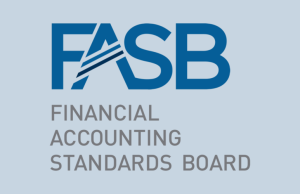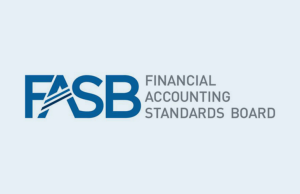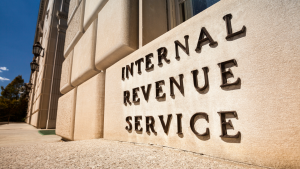Nonprofits will be allowed to group unrelated business income into about 20 categories if proposed Internal Revenue Service (IRS) rules for dealing with Unrelated Business Income Tax (UBIT) from the 2017 Tax Cuts and Jobs Act (TCJA) are enacted.
For example, an organization could group all types of accommodations and food services into one category.
The proposed rules are “perhaps the least bad option for implementing a very bad law,” according to David Thompson, vice president for public policy at the National Council of Nonprofits in Washington, D.C.
“Until the 2017 tax law, nonprofits were treated the same as for-profit businesses when it came to taxable business income – revenues and expenses were aggregated and taxes paid on the excess,” Thompson said. But the TCJA “singled out nonprofits with unrelated business income for a punitive tax by requiring charitable organizations to calculate each ‘trade or business’ separately, and pay income taxes on each separate business line,” he said of the 115-page proposal.
There will be a 60-day public comment period starting on or about June 23, after which the IRS and Department of Treasury will consider it.
“Nonprofits made clear in prior public comments that the initial proposal from the IRS would have required organizations instead to have broken down their various unrelated business income into dozens or even hundreds of separate categories, leading to burdensome compliance costs, inconsistency, and arbitrariness,” Thompson said.
The proposed regulations by the IRS could be worse for nonprofits. Not using the North American Industry Classification System (NAICS), a six-digit classification code, would have left organizations dividing UBIT into dozens of different silos.
“The proposed rules are better than before, but the law itself is the mistake that Congress must correct,” Thompson said, advocating for the repeal of IRS Code Section 512(a)(6).
Language in the 2017 tax reform bill also required tax-exempt organizations to treat employee transportation expenses as UBIT, leading to a two-year campaign by nonprofit advocates and lobbyists to repeal that measure.










